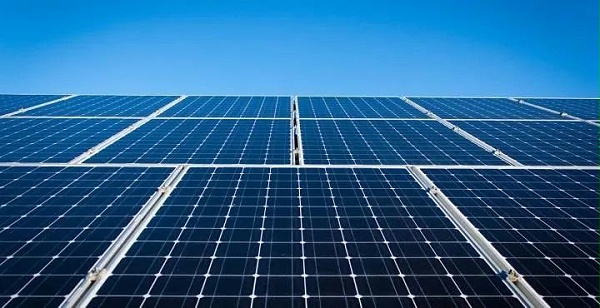屋顶光伏电站是利用太阳能光伏电池板将太阳光转化为电能的设施,安装在屋顶上。
其作用如下:
1. 发电:屋顶光伏电站可以将阳光转化为电能,供屋内用电。光伏发电是一种清洁、可再生的能源形式,不会产生二氧化碳等有害气体,对环境友好。
2. 节约能源:通过屋顶光伏电站发电,可以减少对传统能源的依赖,节约能源成本。尤其在太阳充足的地区,光伏电站可以提供相当一部分屋内电力需求。
3. 减少碳排放:屋顶光伏电站不像传统燃煤或燃油发电厂那样产生大量二氧化碳等温室气体。因此,其使用有助于减少碳排放,减轻对气候变化的影响。
4. 分布式发电:屋顶光伏电站可以实现分布式发电,意味着发电源与用电端更加接近,减少输电损耗。同时,分布式发电也提高了电力系统的稳定性和抗灾能力。
5. 可再生能源推动:屋顶光伏电站是可再生能源的一种形式,其推广使用有助于减少对有限的化石燃料的依赖,促进可持续发展。

A rooftop photovoltaic power station is a facility that uses solar photovoltaic panels to convert sunlight into electricity and is installed on the roof.
Its function is as follows:
1. Power generation: Roof mounted photovoltaic
power stations can convert sunlight into electricity for indoor use. Photovoltaic power generation is a clean and renewable form of energy that does not produce harmful gases such as carbon dioxide and is environmentally friendly.
2. Energy
conservation: By generating electricity through rooftop photovoltaic power stations, reliance on traditional energy can be reduced and energy costs can be saved. Especially in areas with abundant sunlight, photovoltaic power stations can provide a considerable
portion of indoor electricity demand.
3. Reduce carbon emissions: Roof mounted photovoltaic power plants do not generate large amounts of greenhouse gases such as carbon dioxide like traditional coal-fired or oil fired power plants. Therefore,
its use helps to reduce carbon emissions and mitigate the impact on climate change.
4. Distributed power generation: rooftop photovoltaic power stations can achieve distributed power generation, which means that the power source is closer to
the power consumption end, reducing transmission losses. At the same time, distributed generation also improves the stability and disaster resistance of the power system.
5. Renewable energy promotion: Roof mounted photovoltaic power stations
are a form of renewable energy, and their promotion and use can help reduce dependence on limited fossil fuels and promote sustainable development.